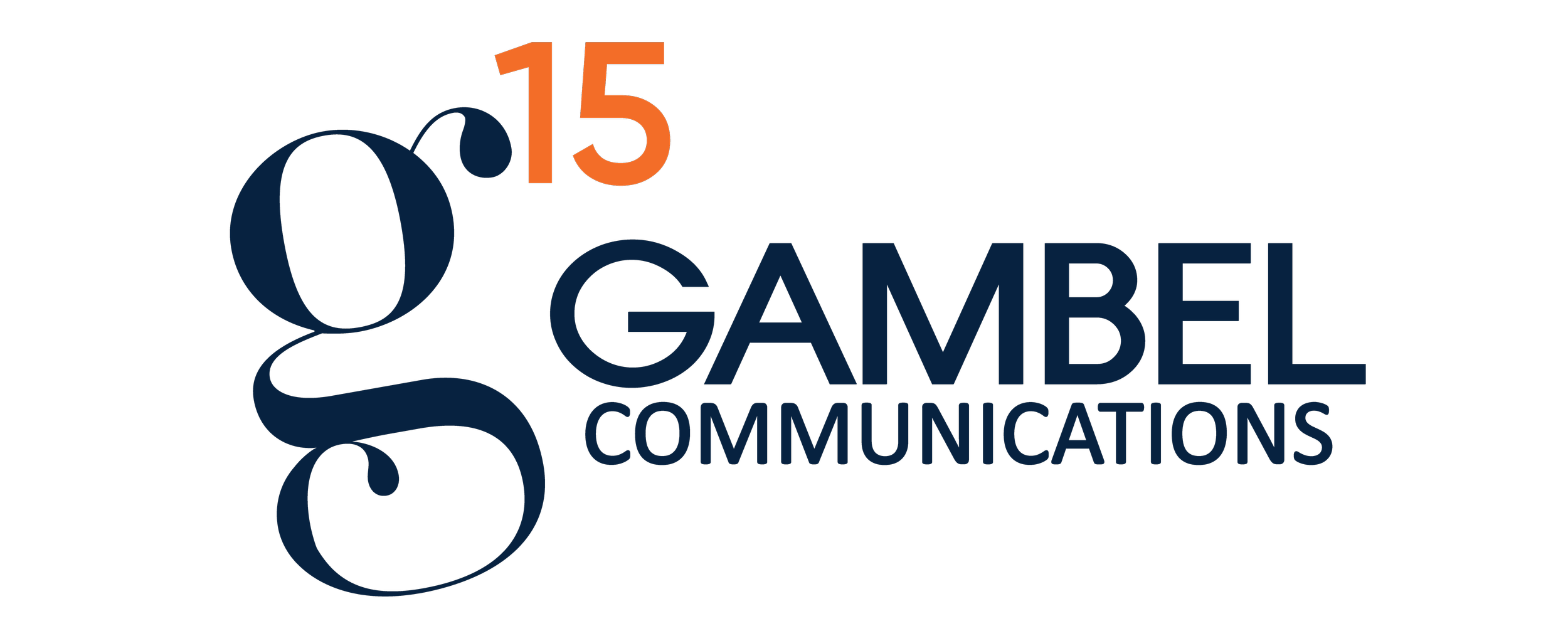Media Relations is Partner to your Advocacy Success
By: Emily Dowsett
As a recent D.C. transplant, and a former lobbyist, I have participated in my fair share of advocacy campaigns and initiatives. I worked in public relations prior to falling into the world of government affairs, so when it came time to mobilize my first campaign to help pass a certain bill, I immediately knew we had to bring media outreach tools to the table. I was initially met with a bit of pushback from select colleagues who were more comfortable with the “old school” lobbying tricks, but at the end of the day when we had pulled off one of the most successful campaigns in industry history, I knew that moving forward public relations would always be in our government affairs playbook.
First, to explain the overall importance of media outreach in any advocacy effort… as I’m sure you are all well aware, a common discussion in our current political climate is the role (and responsibility) which media has in the dissemination of information. For better or for worse, the fact remains that news media does have a huge part in shaping public opinion. And in turn, public opinion influences elected officials. It is then those elected officials who are responsible for introducing and voting on policies and legislation impacting our communities, states and country. Ultimately, media relations is a critical partner for your advocacy success.
There are various media channels you can utilize, and at the end of the day it depends on your audience, or who you are trying to reach. Ultimately though, the broader the audience and the more people who hear your message, the better. From op-eds, to television news segments and interviews, to being quoted as an expert resource on a matter, there are tons of options and opportunities to promote your advocacy efforts and initiatives.
To get started, I always suggest beginning with an op-ed or a letter to the editor, mainly because they’re usually easy “wins.” Both provide you a platform to get all of your thoughts, facts, figures and priorities written down in one place and in front of a large audience. To increase your chances of having either picked up, you’ll want to make sure you stay within the publication’s required word count and use a lot of facts to back up what you’re saying. Also, make sure your piece doesn’t read like an advertisement because that’s also a no-go for editors!
Landing a segment on television news is equally huge (if not more significant) for any campaign. Begin by formulating your pitch, or your idea for the producer, about why what you have to say would be of interest to their viewers, and if they bite, then you’ll have just secured anywhere from 2-5 minutes of dedicated air time to tactfully promote policies or initiatives to their audience. Be sure to be as thoughtful and diplomatic when doing this though, as coming off politically motivated or divisive will likely result in you not being invited back. If you get the opportunity, I would advise to talk about your organization and your mission, and then speak about the campaign you are currently working on, why it’s important and how people can get involved should they want to.
Finally, if there are reporters or publications who are covering the issue you are campaigning for/against, I recommend reaching out to them and offering yourself as an expert resource. Getting quoted in these articles about the matter at hand put you and your viewpoints in front of the publication’s readers, and thus increase your perceived credibility to the public. If people see you, or your organization regularly being featured or quoted on a certain matter, they are more likely to look to you for insight as they formulate their opinions in the future.
Now that we have covered some of the ways in which media can be helpful to your advocacy efforts, I encourage you to utilize them as much as possible, but please note, you don’t have to wait until you’re in the thick of a campaign to begin your media outreach. In fact, from experience, you will have a much easier time securing coverage when you need it most if you begin building strong working relations with the media outlets and professionals covering your industry now. At the end of the day, no matter which channel(s) you use, the more people who are aware of the issue at hand, your organization’s viewpoints, and the facts behind it, the better for your campaign.



